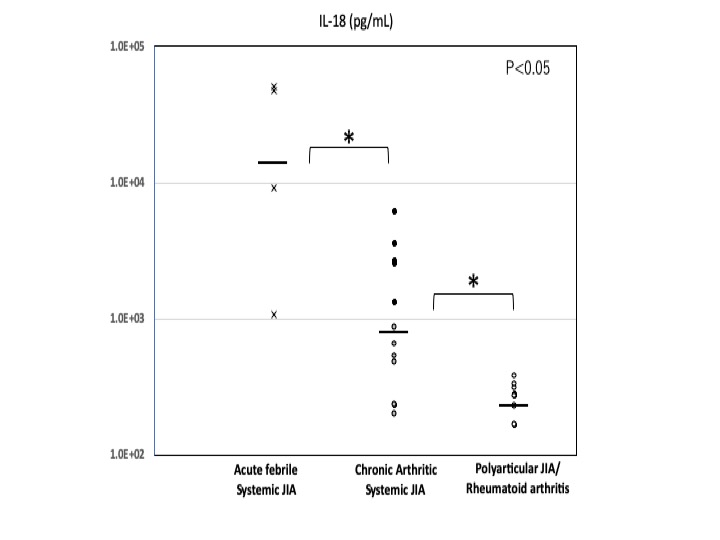Session Information
The 2020 Pediatric Rheumatology Symposium, originally scheduled for April 29 – May 2, was postponed due to COVID-19; therefore, abstracts were not presented as scheduled.
Date: Friday, May 1, 2020
Title: Poster Session 2
Session Type: ACR Abstract Session
Session Time: 5:00PM-6:00PM
Background/Purpose: Communication, including clear discharge instructions, is a crucial aspect of the hospital discharge process. Development of standardized discharge templates has been reported to improve multiple aspects of the hospital discharge process and can decrease medication errors, return visits to acute care, and other preventable patient harm. We noted that the discharge paperwork, known as the After Visit Summary (AVS), given to patients on the inpatient Rheumatology service at Nationwide Children’s Hospital had variable content. Our goal was to decrease variability in the AVS through development of required criteria and the use of quality improvement methodology to increase compliance with the criteria.
Methods: Patients were identified after hospital admission to the inpatient Rheumatology service for each phase of the project. First, post-discharge interviews were completed with the patients and/or guardians to identify important components in the AVS. Next, we developed a discharge index of required criteria for the AVS based on interview information and consensus of institutional Rheumatology providers. Quality improvement methodology was implemented to identify key drivers to improve compliance with the discharge index. Compliance with the discharge index was tracked throughout the project.
Results: Seventeen patients or guardians completed the post-discharge interview. The interviews and consensus with providers helped us to establish eight criteria for the discharge index: discharge diagnosis, what happened in the hospital, new medications, reasons to call/return to hospital, instructions regarding risks of steroids if applicable, a follow up appointment or plan, detailed clinic contact information, and information about how to access the online patient portal. Since implementation, compliance with the discharge index has improved from 0% to over 70%, as shown in the control chart (Figure 1). The development of discharge instruction templates is leading to ongoing improvement in compliance.
Conclusion: A discharge index of required discharge instruction criteria was developed with patient, family, and provider involvement. Compliance with the discharge index improved, specifically following development of instruction templates. Discharge instruction templates have been incorporated into the electronic medical record for sustained improvement. Next steps will involve assessment of the project’s impact on timeliness of discharge and review of the AVS information for accuracy of each criterion.
To cite this abstract in AMA style:
Ballenger L, Sivaraman V, Lemle S, Driest K. Improving Hospital Discharge Instructions for Pediatric Rheumatology Patients [abstract]. Arthritis Rheumatol. 2020; 72 (suppl 4). https://acrabstracts.org/abstract/improving-hospital-discharge-instructions-for-pediatric-rheumatology-patients/. Accessed .« Back to 2020 Pediatric Rheumatology Symposium
ACR Meeting Abstracts - https://acrabstracts.org/abstract/improving-hospital-discharge-instructions-for-pediatric-rheumatology-patients/

